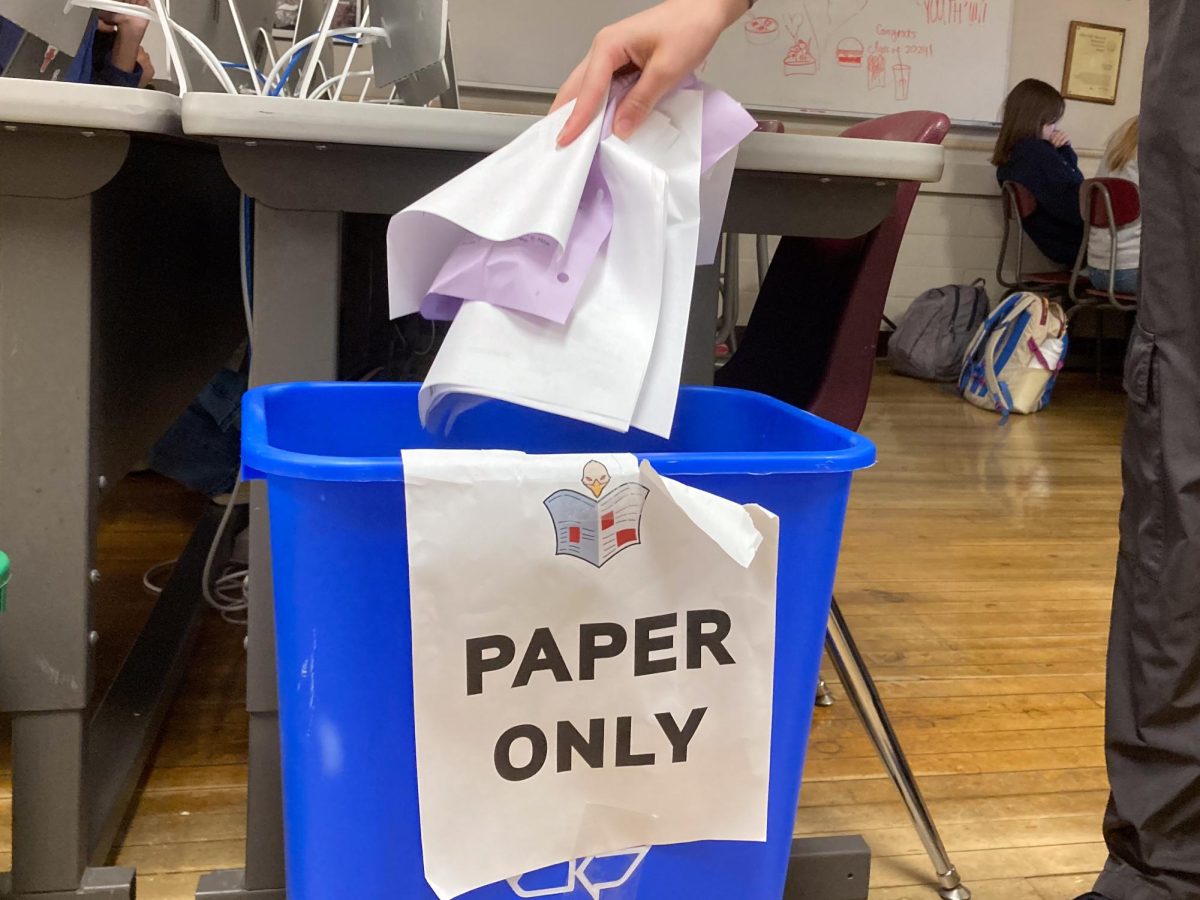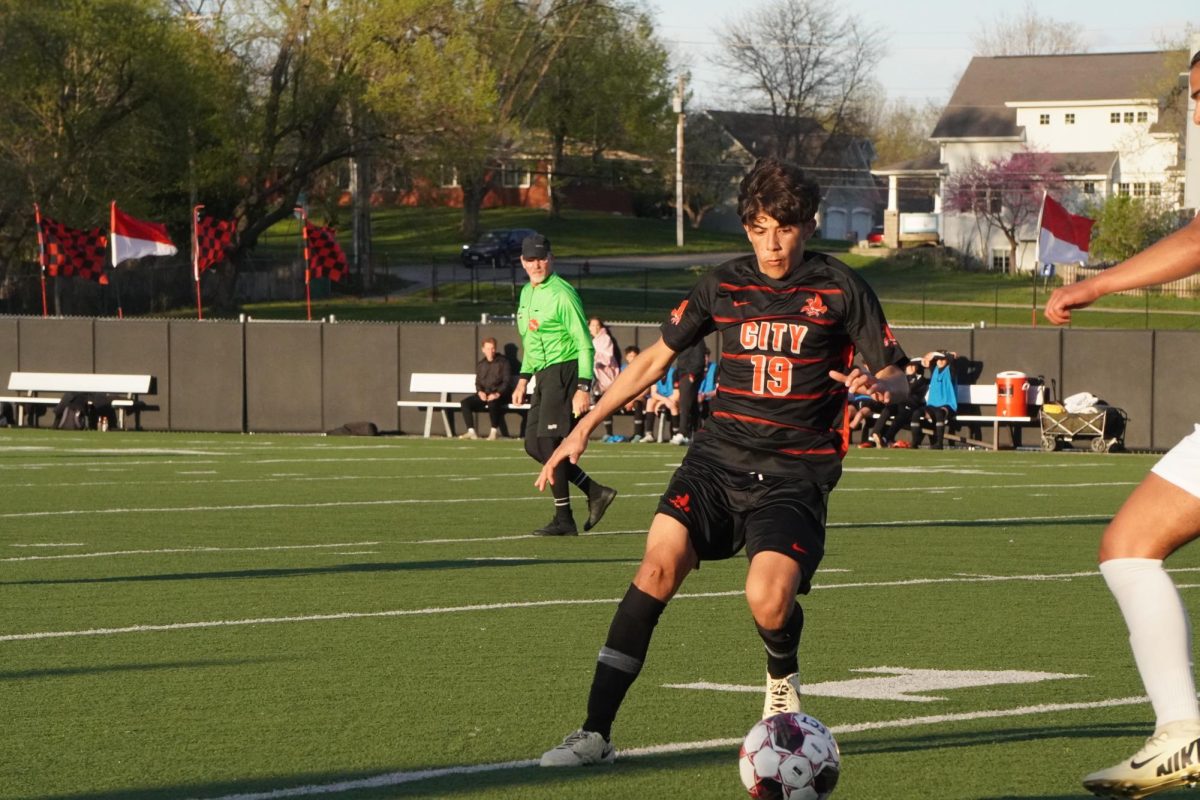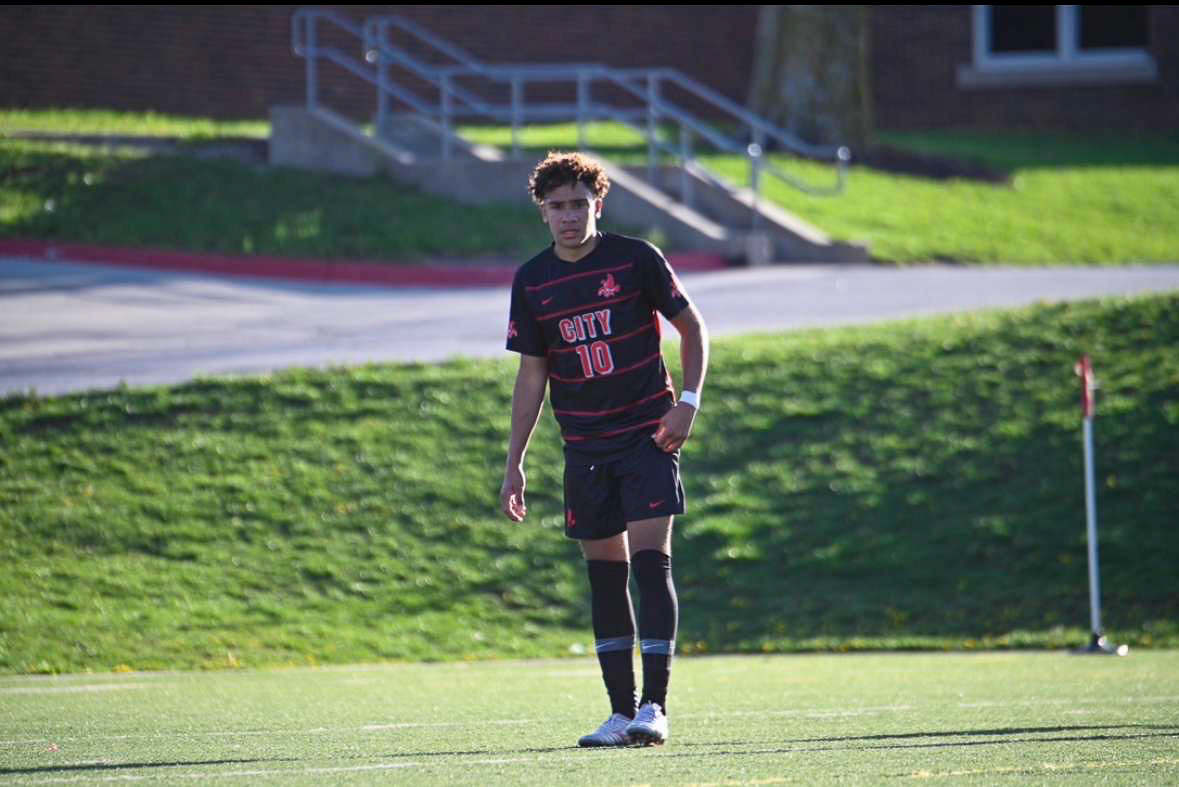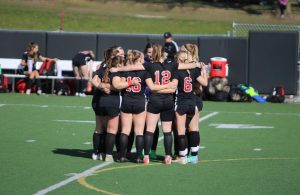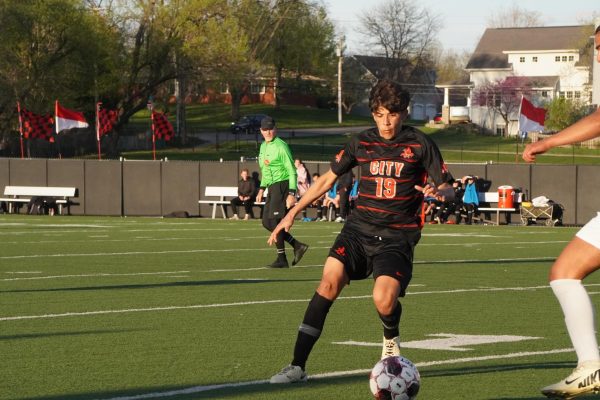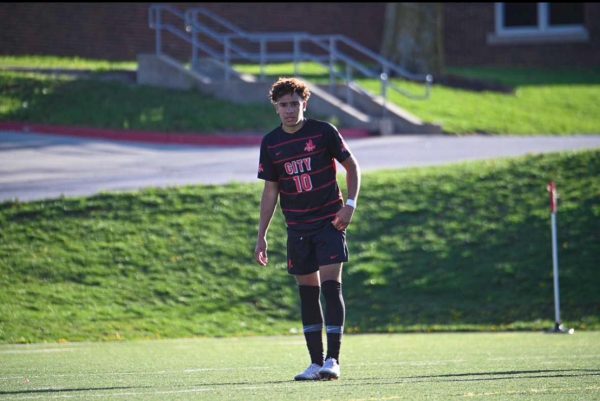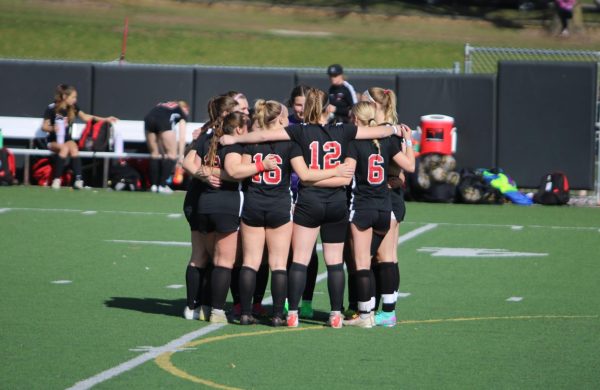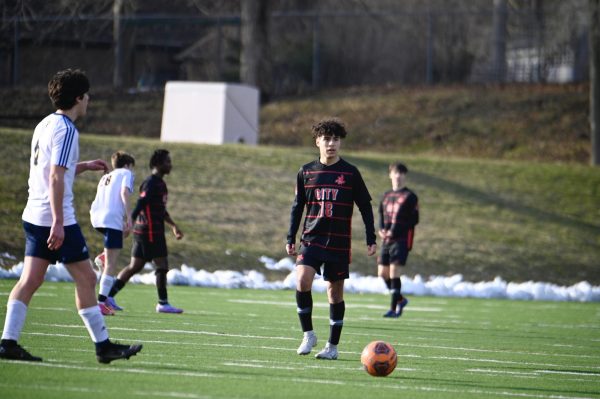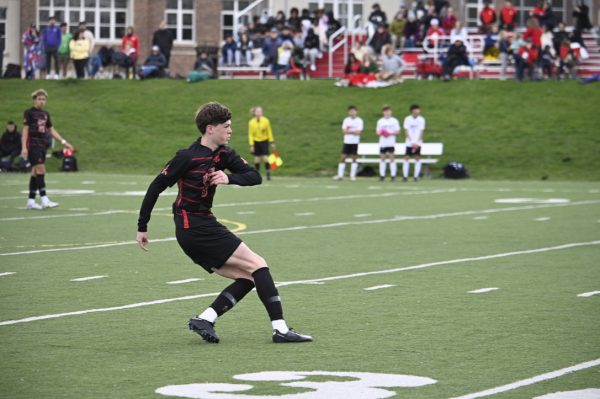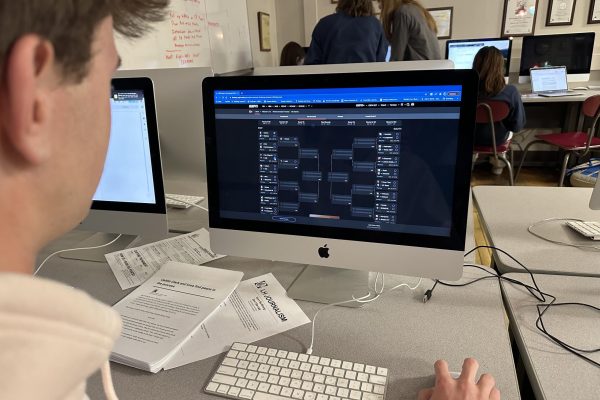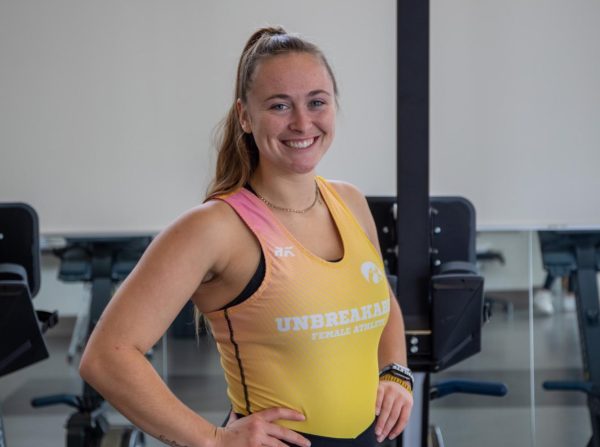Boosting Nutrition
October 1, 2019
To student athletes, it may feel like supplements are advertised everywhere. Protein shakes, ‘energy beans,’ Creatine, and other methods reported to put on muscle can be found at almost any sports event.
Some student athletes at City High take supplements in hopes that it can improve their muscle mass gain. Health teacher and Football Coach Dan Sabers believes that supplements can be beneficial to certain students in certain forms.
“I don’t ever give out Creatine or anything, but kids ask me about it, and I share what I know and what the articles say about it,” Sabers said. “I don’t say [to] stay away from it. If them and their parents decide that’s the way they want to go, I can’t go against the data that says other kids are doing that.”
Protein’s good for all of us. Students have to look at their diet. — Dan Sabers
Isaac Weigel ‘21 uses Whey protein and the brand Muscle Milk occasionally to supplement his recovery after a hard practice.
“To take supplements, you have to be working out hard. It’s something you have to put effort into,” Weigel said. “You have to be sweating, you have to be losing electrolytes and nutrients. Supplements are going to help you gain back and improve.”
There are many ways for students to learn about supplements, including extracurriculars and individual research, as well as speaking to people working in the fitness industry, confiding in coaches, and reading news stories.
Weigel and Sabers both agreed that with supplements, people must be aware of what they are consuming and how it affects them.
“If you use it, you gotta follow the directions that come with it,” Sabers said. “You can’t be sitting there thinking, well if I take this much and it’s doing this, I’ll take twice as much. It just doesn’t work that way. If you use Creatine, or any other supplement, you have to follow the directions.”
Creatine, a popular supplement that is found naturally in muscle cells, helps muscles produce energy during heavy lifting or high-intensity exercise, therefore helping gain muscle mass and strength. Concern over the long-term safety of creatine supplementation have generally been alleviated through research conducted by the National Institute of Health which found that Creatine “does not significantly affect clinical markers of health in athletes.” Sabers said he does his own research into protein and Creatine, and found that Creatine is safer than he had originally thought.
Supplements are going to help you gain back and improve. — Isaac Weigel '21
“If Creatine was a big issue, people would ban it,” Sabers said. “To be honest, I don’t check in [with my athletes] and say, ‘are you taking Creatine?’ It’s not a big issue [at City].”
While he says that Creatine is not a major concern of his, he does caution students to be aware of what they are putting in their bodies.
“I don’t see a need to take Creatine,” Sabers said. “Protein’s good for all of us. Students have to look at their diet.”
According to Sabers, it can be hard for high school students to get the calories and protein they need in a school day, which is why he sometimes has bananas, trail mix, and protein shakes available to those who feel they need to eat more.
“I’m not going to go near Creatine at this point,” Sabers said. “Not that I think it’s bad or anything, but I just feel better saying, ‘Hey, you guys do the best you can, and then we can supplement [with protein] and make sure you get the protein you need,’ because it’s very hard.”
For high school students, it can be tough to get all the calories and protein they need in order to give their best performance when they exercise. Whether one consumes supplements before or after a workout is their choice, but Sabers reminds students to be aware of when they last ate.
“It depends on everyone’s situation,” Sabers said. “If they say to me, ‘Hey, I haven’t had anything to eat in three hours,’ I’d say do it before. If they say, ‘No, I’ve had a little something [recently],’ I’d say do it after. It just depends on what they had.”
Quick snacks that students are able to eat before a workout include protein bars, fruit like bananas or apples, trail mix, protein shakes, or even a sandwich. These specific foods include carbohydrates that help keep athletes’ energy and strength up throughout the workout, without the aspects of heavy food that may slow an athlete down.
“Parents want their kids to have more college opportunities and scholarships,” Sabers said. “If you’re dedicated and you want to accomplish this, then you’ve got to spend the time to understand nutrition, what your body needs, and how to take care of it.”

